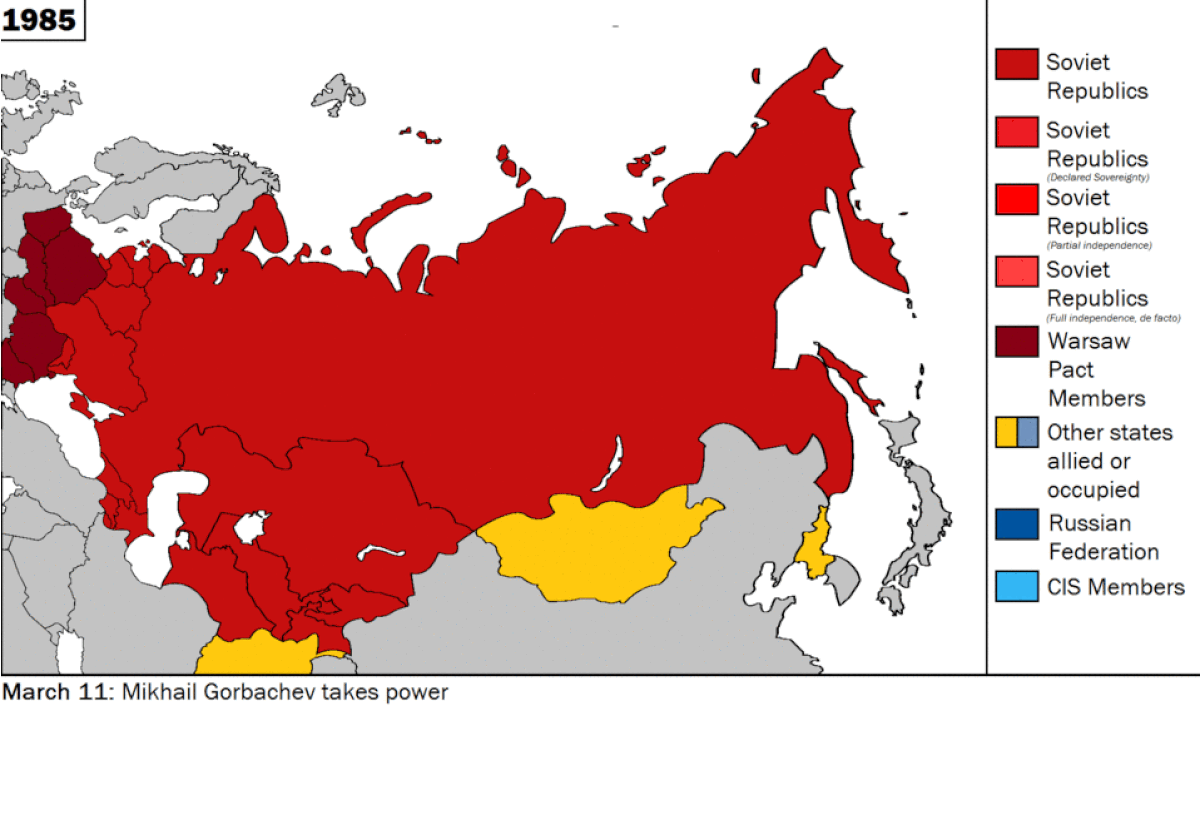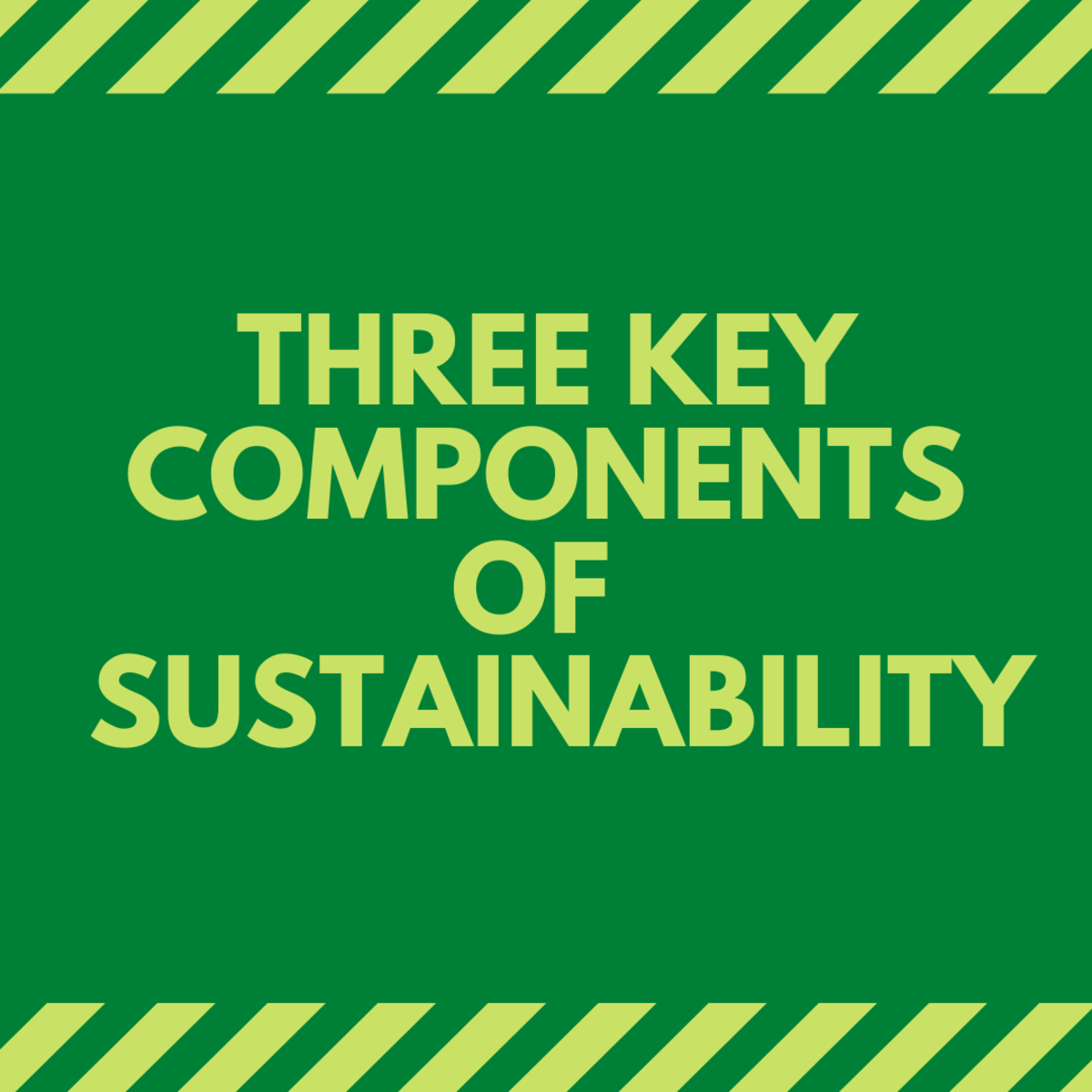Ecological Collapse
There are three problems causing ecological collapse:
- Irresponsible Technology and Pollution
- Dwindling Resources
- Waste
IRRESPONSIBLE TECHNOLOGY AND POLLUTION
There are two types of irresponsibility: deliberate (warfare technology) and negligent (industrial pollution).
Warfare technology destroys ecological resources by such direct means as defoliants or by indirect means such as mines that make areas unfarmable.
Industrial advances have increased the amount of pollution through dumping, unresearched side effects and accidents:
- Oil Pollution is still a continuing problem
- Poisons in pesticides
- Acid rain
- Nuclear waste
- Rubbish
- Lead and mercury pollution from all of our disposable batteries
- Loss of farming land to desert and general land destruction by overfarming and the use of inorganic fertilisers All of these things make the earth less habitable with each passing day.
DWINDLING RESOURCES
Western-style civilization is based entirely on certain, limited resources for energy and manufacturing: mainly oil and metals. When they finally run out, they will force our civilization to change beyond our recognition. We will have to completely rethink our lifestyles and attitudes to continue living. People do not want this to happen because they believe that it will mean a reduction in their standard of living. They want our civilization to continue in its present highly ineffecient and energy-guzzling form. This is why so much money is being poured into nuclear power in the hope that it will provide salvation. It won't! While we base our civilisation on any limited resource, it will always be a temporary solution that will not last.
The demand of the industrialised countries of G7 (Japan, USA, Canada, Britain, Germany, France and Italy) for these dwindling resources means that we get the lion's share of everything, particularly food. In addition, the small minority in charge of producing these resources want to reduce the supplies even further in order to force higher prices. This is why the food crisis exists in the first place. How can the food crisis be real while industrialised nations pay farmers to take farmable land out of food production and have food mountains toboot?
But food is not the only problem. There is an approaching crisis threatening to destroy the world's cities because large numbers of people are crowding into them from the country side. This puts an increasing strain on the cities' resources and causes the growth of large, unplanned slum areas. Sanitation, electricity, education, rubbish control and decent housing are just a few of the problems that become virtually impossible to deal with when cities grow too fast.
One day, all of these problems will have to be faced and our lifestyles changed or we will die. The sooner we do so, the more breathing space we will have to do the job properly and painlessly.
FAMINE
A famine is also forecast for the last part of the 20th century by Dr Raymond Wheeler of the University of Kansas. He and over 200 staff spent 20 years sifting nearly 2,000,000 data entries of the last 3,000 years consisting of world weather compared with the dates of significant events in recorded history. He concluded that the Earth's climate shifts through a cycle of four phases - Warm-Wet, Warm-Dry, Cold-Wet and Cold-Dry - and that significant events coincided with these phases. He found that the worst depressions happen during the Cold-Dry phase which the "Drought Clock" indicates that the world is now entering. According to Wheeler, the drop in temperature will be accompanied by long, severe droughts, shortages of water and shorter growing seasons producing food scarcity in the prosperous nations and starvation for the less prosperous.
He believes that the world economy is linked to world weather and so will be influenced by the coming droughts and frost.
WASTE
Waste is directly related to riches - the richer a person or country is, the greater the amount of waste they produce. An example would be the use of electric hand dryers (instead of towels) which are more wasteful in terms of energy. It takes less energy to clean towels than to install an electric fan heater and use electricity to generate heat - the most wasteful conversion of energy!
Affluence is the re-routing of money into wasteful products.
Main Hub:Today's Problems, Tomorrow's Crises
Next Hub: Economic Collapse





